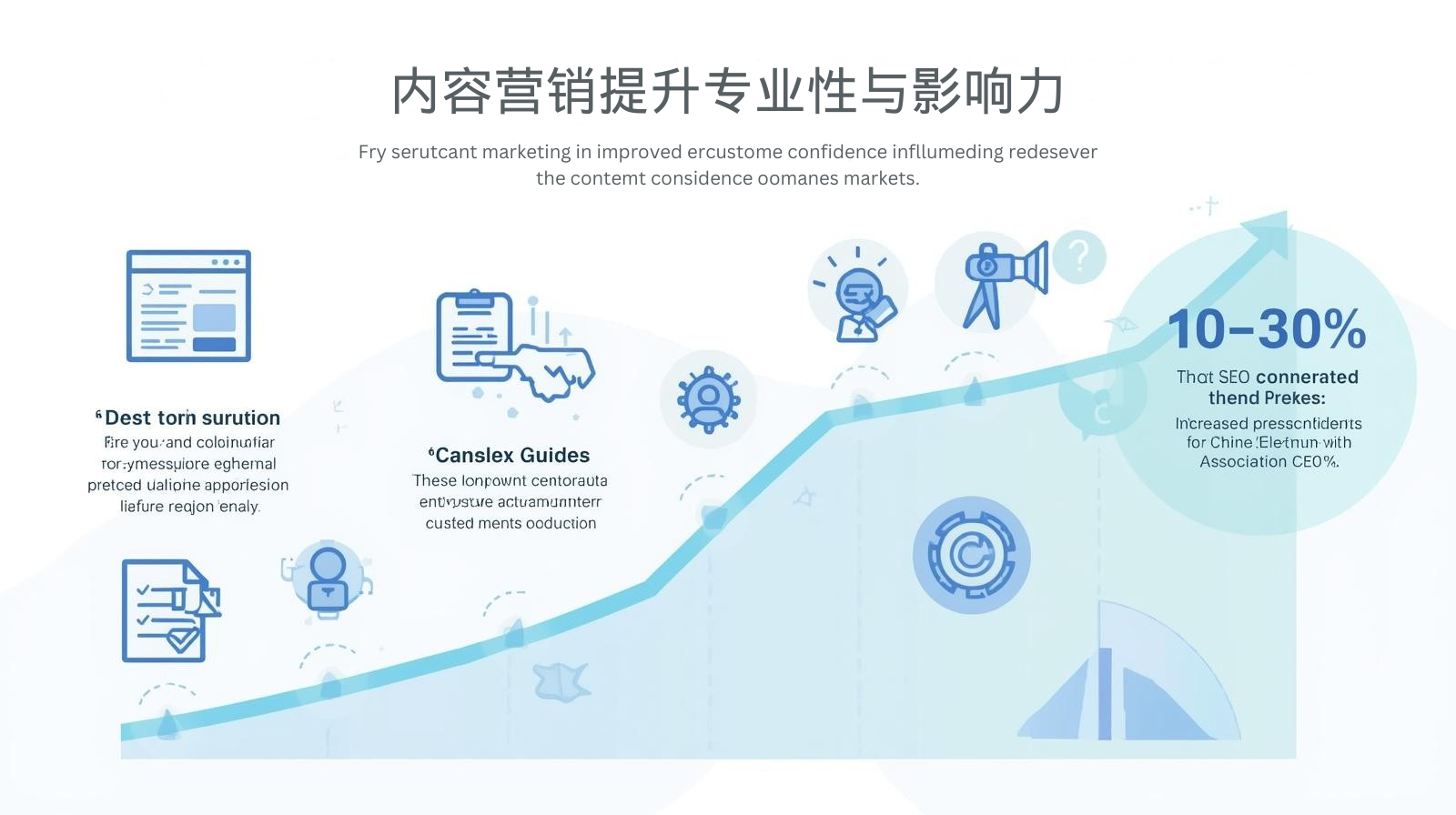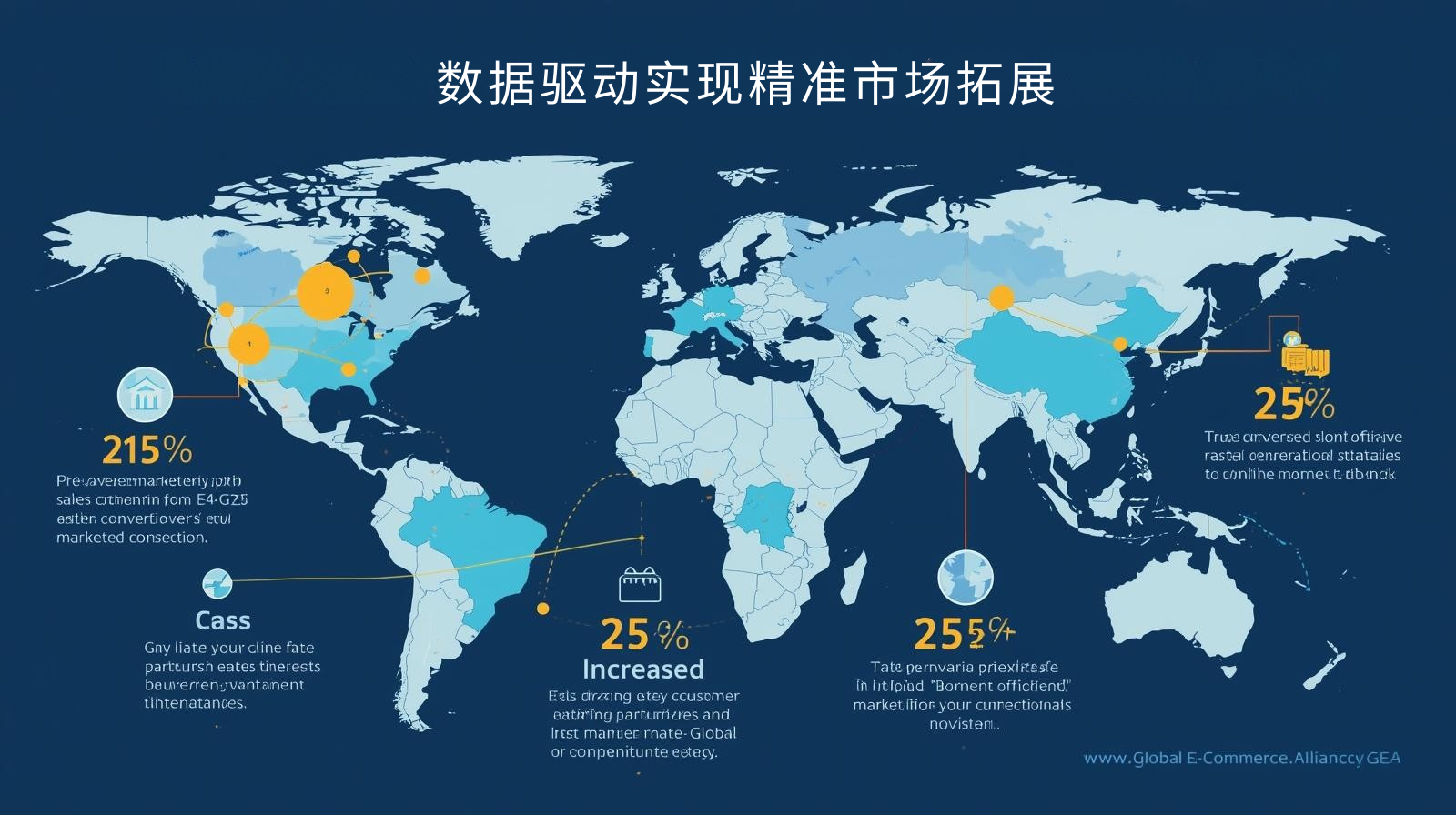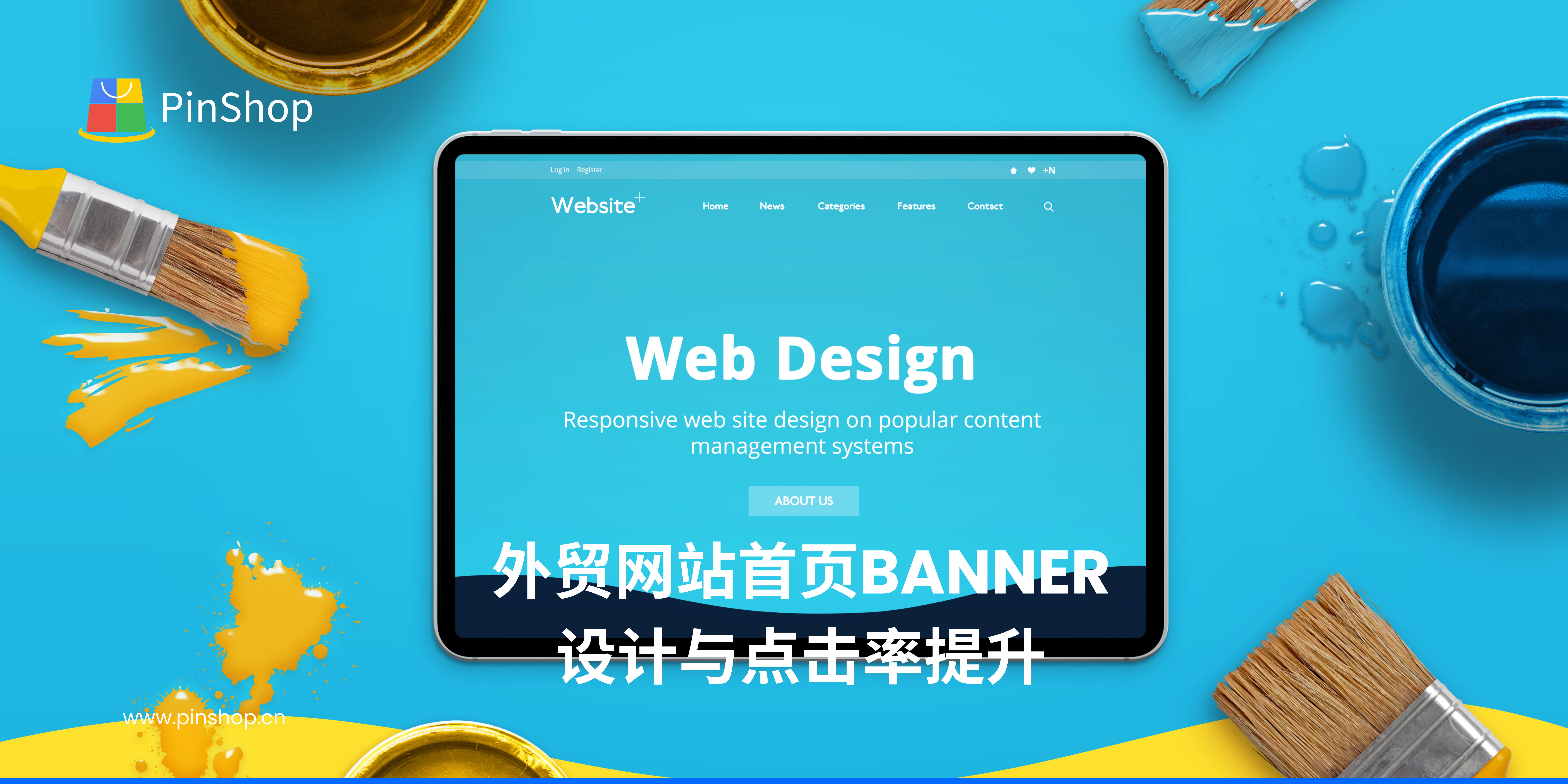1. Brand building helps companies go global
In cross-border trade, brand image is a crucial indicator of a company's competitiveness. By building a website for international trade, companies can uniformly display their logo, visual style, product qualifications, and team information, ensuring customers immediately perceive their professionalism and reliability. According to the International Trade Center (ITC) , a clear brand image significantly enhances overseas customer trust. Combined with an intelligent international trade platform, companies can automatically optimize brand presentation based on customer behavior, ensuring sustained attention and recognition in the global market.
2. Content Marketing Enhances Professionalism and Influence
Systematic content marketing helps companies establish a professional image in overseas markets. Publishing product information, industry case studies, user guides, and customer testimonials through a foreign trade website not only improves SEO performance but also strengthens customer confidence. Research by the China Electronic Commerce Association (CECA) shows that content marketing can increase customer conversion rates by approximately 20%-30%. Foreign trade intelligence can automatically generate personalized emails, articles, and social media content to ensure accurate messaging and help companies establish an authoritative image in different markets.
3. Optimize customer experience and improve conversion rate
When overseas customers choose suppliers, user experience is often a key factor in their decision-making. Foreign trade websites can offer multilingual interfaces, global payment gateways, and mobile-friendly features, making access more convenient. Furthermore, by showcasing success stories, after-sales guarantees, and company certifications, customers can quickly gain trust. The Internet Security Consortium (ISC) notes that excellent user experience can effectively reduce bounce rates and extend customer retention. By combining analysis of customer behavior data from foreign trade intelligence, companies can optimize page layout and recommendation strategies to further improve conversion rates.
4. Data-driven precision market expansion
By collecting data on customer browsing, interests, and geographic distribution through international trade websites, companies can formulate scientific marketing strategies. Leveraging international trade intelligence to analyze data, companies can identify potential high-value customers, optimize marketing efforts and content distribution, and improve responsiveness in overseas markets. According to the Global E-Commerce Alliance (GEA) , data-driven strategies can increase international sales conversion rates by 25%, significantly enhancing a company's competitiveness. Through continuous optimization, companies can establish a differentiated advantage in the global market and achieve sustainable growth.
5. Long-term strategic optimization of brand building
Brand building and market expansion are long-term processes. Companies need to regularly update website content, refine SEO strategies, and optimize customer service information. These efforts should also be combined with foreign trade intelligence to generate market insights and business reports for informed decision-making. A systematic strategy combining foreign trade website development with intelligence not only enhances overseas customer trust but also generates stable orders and long-term partnerships.









